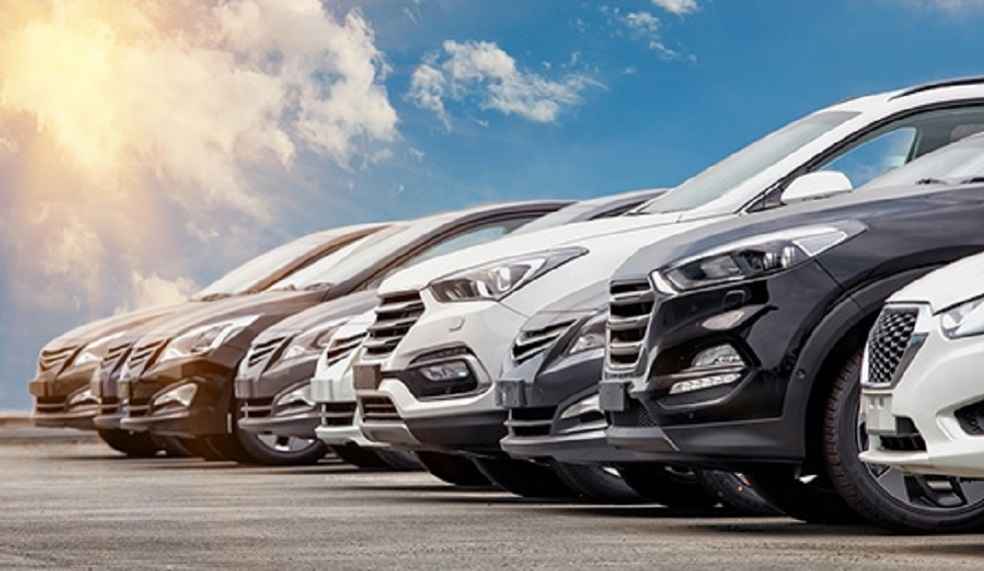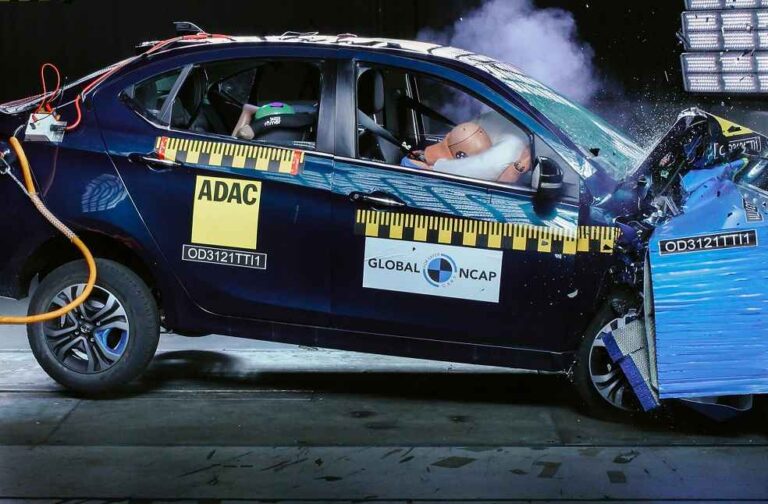David Ward, the Executive President of the Global New Car Assessment Program (Global NCAP), raised critical concerns about the escalating sales of Sport Utility Vehicles (SUVs) in India. Echoing global trends, this rise in SUV popularity brings potential risks to road safety into sharp focus.
Speaking at the Global Road Safety Initiative event, a collaborative effort by the Institute of Road Traffic Education (IRTE), the Ministry of Road Transport and Highways, Government of India, and associated with the UNECE and UNESCAP, Ward addressed the dangers accompanying the growing preference for SUVs.

Ward articulated the threat posed by SUVs, notably to cyclists, pedestrians, and occupants of smaller cars. He cited studies revealing the auto industry’s trend towards larger SUVs significantly compromises road safety, particularly affecting drivers of compact, efficient vehicles and unprotected road users.
He highlighted a key issue about the issue. The SUVs, with their elevated bonnets, present increased risks to pedestrians, often leading to more severe upper-body injuries during collisions. This design factor contributes to a higher incidence of pedestrian deaths in SUV-related accidents compared to other vehicle types.

This statement from the Global NCAP head comes against a backdrop of rising road accidents in India, with a staggering number of fatalities among two-wheeler riders and pedestrians in 2022. These figures emphasize the urgency to rethink the burgeoning SUV trend in the country.
Ward urged governments to discourage SUV sales, especially models with large hoods, to bolster road safety. He emphasized the necessity for markets like India, where traffic awareness is not as widespread, to shift towards vehicles that ensure the safety of all road users.
AUTO TECH | Renault Aims to Slash Production Costs by 2027 with AI





